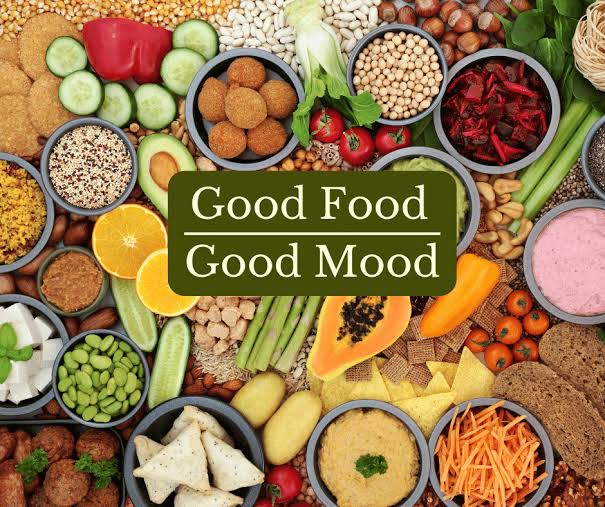Healthy
28 May
Sandeep Dhand Ludhiana
In today’s fast-paced world, maintaining a healthy diet is more crucial than ever. Good food not only fuels our bodies but also impacts our mental well-being, energy levels, and overall quality of life. Understanding the fundamentals of a nutritious diet can help us make better choices that promote long-term health. Here are some key components and benefits of good food for health.

Fruits and Vegetables: The Powerhouse of Nutrients
Fruits and vegetables are indispensable to a healthy diet. They are rich in essential vitamins, minerals, and antioxidants, which help boost the immune system, reduce inflammation, and protect against chronic diseases. For instance, leafy greens like spinach and kale are excellent sources of vitamins A, C, and K, while berries are packed with antioxidants that combat oxidative stress. Aim for a variety of colors on your plate to ensure a broad spectrum of nutrients.
Whole Grains: Sustained Energy and Fiber
Whole grains, such as brown rice, quinoa, oats, and whole wheat, provide sustained energy and are high in dietary fiber. Fiber aids in digestion, helps maintain stable blood sugar levels, and lowers the risk of heart disease. Unlike refined grains, whole grains retain their nutrient-dense bran and germ, offering more vitamins and minerals.
Lean Proteins: Building Blocks of Life
Protein is vital for muscle repair, growth, and overall bodily functions. Incorporating lean proteins like chicken, turkey, fish, beans, and legumes can support a healthy diet. Fish, particularly fatty fish like salmon and mackerel, are rich in omega-3 fatty acids, which are beneficial for heart health and cognitive function. Plant-based proteins, such as tofu, tempeh, and lentils, provide additional fiber and essential nutrients.
Healthy Fats: Essential for Wellness
Not all fats are created equal. Healthy fats, found in avocados, nuts, seeds, and olive oil, are crucial for brain health, hormone production, and the absorption of fat-soluble vitamins. Omega-3 and omega-6 fatty acids, found in flaxseeds, chia seeds, and walnuts, play a significant role in reducing inflammation and promoting cardiovascular health. Moderation is key, as even healthy fats are high in calories.
Hydration: The Forgotten Nutrient
Water is often overlooked but is fundamental to every aspect of health. Proper hydration aids in digestion, nutrient absorption, temperature regulation, and the removal of toxins. Aim to drink at least 8 glasses of water a day, more if you are active or live in a hot climate. Herbal teas and water-rich fruits and vegetables, such as cucumbers and watermelon, can also contribute to your hydration needs.
Mindful Eating: The Psychological Aspect
Healthy eating is not just about the nutrients but also how we eat. Mindful eating involves paying attention to hunger and fullness cues, eating slowly, and savoring the flavors and textures of food. This practice can improve digestion, prevent overeating, and enhance the overall eating experience. Reducing stress and emotional eating by practicing mindfulness can further support a healthy diet.
Avoiding Processed Foods: Minimizing Health Risks
Minimizing the intake of processed foods is essential for good health. Processed foods are often high in unhealthy fats, sugars, and salt, which can lead to weight gain, heart disease, and other health issues. Opt for whole, unprocessed foods whenever possible, and read labels to be aware of hidden ingredients in packaged foods.
Conclusion : Good food is the cornerstone of a healthy life. By focusing on a balanced diet rich in fruits, vegetables, whole grains, lean proteins, and healthy fats, while staying hydrated and practicing mindful eating, we can enhance our physical and mental well-being. Making informed food choices not only benefits our health but also sets a positive example for future generations. Embrace the power of good food and enjoy the journey to a healthier, happier life.
